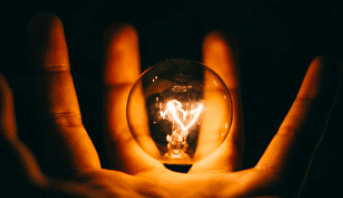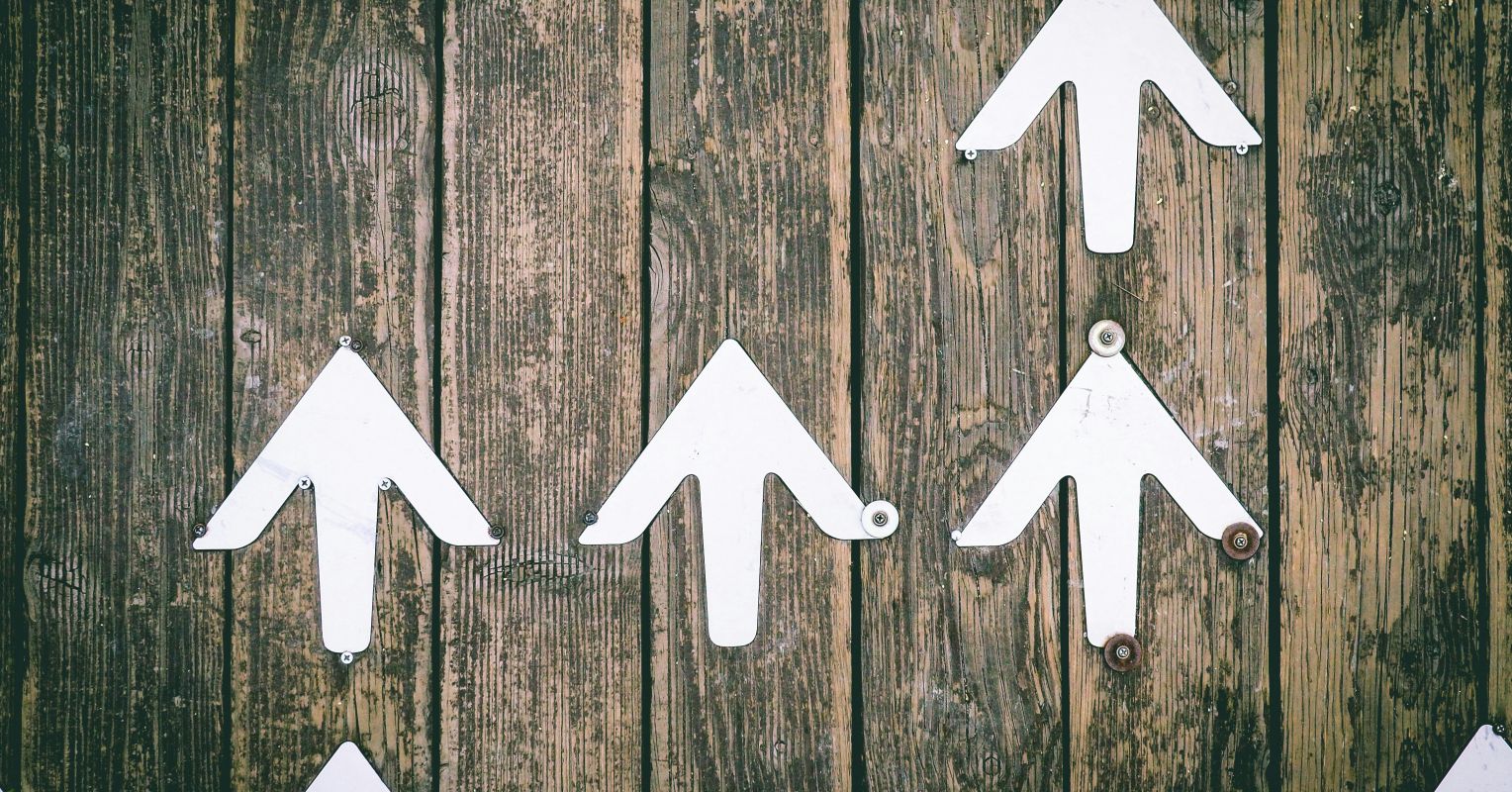
Intuition is the subconscious process that rapidly provides information about situations that we find ourselves in.
Did you know that researchers have learned a lot about it in the past few decades? In fact, scientists only confirmed the phenomenon in an observable way in 2016!
Science has much to say about what intuition is (and isn’t), when to trust it, and how to improve it. You might be surprised by how much more you can get out of your gut instincts when you know how to use them properly!
What is intuition?
Intuition has three key features: (1) it is subconscious — it works below our level of awareness (2) it is spontaneous — we don’t control when it gives us information, and (3) it is very fast, providing information in the form of feelings and emotions.
Intuition is often described as pattern matching. It sees something, finds the closest thing that looks about the same, and returns it’s impression without any other weighing of the facts. This is both its power and its danger; it’s very quick, but it doesn’t exactly present us with a detailed analysis or an explanation.
Importantly, intuition isn’t anything that requires conscious thought. Any rationalization or reading of your own internal feelings isn’t intuition, either.
How is intuition developed?
Some of our intuition is seemingly genetically encoded. However, the primary way our intuition develops is through exposure to situations. When an event occurs that has tangible consequences — especially emotional ones — our brains and bodies naturally learn from them.
Leading experts Daniel Kahneman and Gary Klein believe that useful intuition is best developed practicing in regular environments. In this context, practice means repeated exposure occurring over enough time to accurately encounter the essential patterns, and regular environments are events where roughly similar patterns produce roughly similar results.
When should you and when shouldn’t you use intuition?
Researchers note that different kinds of “experts” have varying success rates when relying on their gut. Kahneman found stock traders and political scientists had very unreliable predictions, whereas Klein found firefighters and nurses to consistently perform well.
The difference? Firefighters and nurses have extensive practice in regular environments. Stock traders and political scientists, regardless of how experienced they are, are unreliable because their environments aren’t regular.
If a situation doesn’t give consistent results when the same actions are taken, it’s not possible for the brain to learn reliable patterns. Unfortunately for us, our brains nonetheless will attempt to learn patterns. Worse, it will still present us with predictions through intuition, and that information will still feel just as urgent and relevant as when our intuition has learned meaningful relationships!
Things also go wrong when there hasn’t been sufficient enough practice to learn what meaningful patterns exist. Some environments have more subtle differences in patterns than others, and require more practice.
When can or should you rely on intuition? If you are in a situation you’ve been in many times before where consistent efforts produce consistent results, there is a good chance that your intuition is (or can be developed to be) reliable.
If there is little downside to misjudging, listening to your intuition may be preferable. Even if you are wrong, you are offering yourself an opportunity to learn and influence your intuition moving forward. This is especially true in dangerous environments, where ignoring an uneasy feeling may result in serious harm.
One final instance when intuition can be very useful is when there is little time to make decisions. When analysis isn’t possible, using your gut might be the best you can possibly do.
How can I best strengthen my intuition? Is it useful even if I don’t trust it?
There exists a simple exercise you can use to leverage and improve intuition in any situation, even (and especially!) when you don’t necessarily trust it:
- When your intuition presents you with information, try to brainstorm why you might feel that way. Don’t worry about being wrong here, the goal is to start somewhere. Write your theories down.
- Once you have a set of plausible explanations, test them! If you are thinking about why somebody has reacted a certain way, for instance, you can ask them questions to determine if you’ve guessed correctly. In a professional setting, this might look like gathering more facts or data to support (or refute!) your intuition’s opinion.
- Repeat the cycle as the opportunities arise.
Not only will this exercise help you develop your intuition in each situation practiced, it will help you determine which environments are regular and how much practice each might require.
Conclusion
If you are struggling with working out when to trust your gut, or understanding what it is telling you, consider seeing a therapist. Talking through situations will not only help you process what has happened, but provide you with an objective evaluation of whether you are learning the appropriate patterns and outcomes. People in good spirits benefit from this process just as much as those with mental health challenges!
Whether you believe you are a natural intuitive or don’t ever trust what your gut says, learning to use your intuition appropriately can have many benefits across all areas of your life. The science is clear: our intuitions may be less informative than we care for, but it is essential to our wellbeing, and can be drastically improved with simple effort.
Graeme is a writer, entrepreneur, and software engineer who creates tools and experiences that help improve the world. He is very passionate about applying evidence-based thinking in everyday life and sharing stories that increase our awareness of what is beautiful around and within us.
Graeme’s work includes wellmentally.com, a place providing researched-based resources for people to quickly evaluate their options for accessing therapy. In his spare time, Graeme performs music, plays sports, cooks complex dishes, and writes stories.
The post The Science of Getting the Most Out of Intuition appeared first on Pick the Brain | Motivation and Self Improvement.
* This article was originally published here

No comments:
Post a Comment